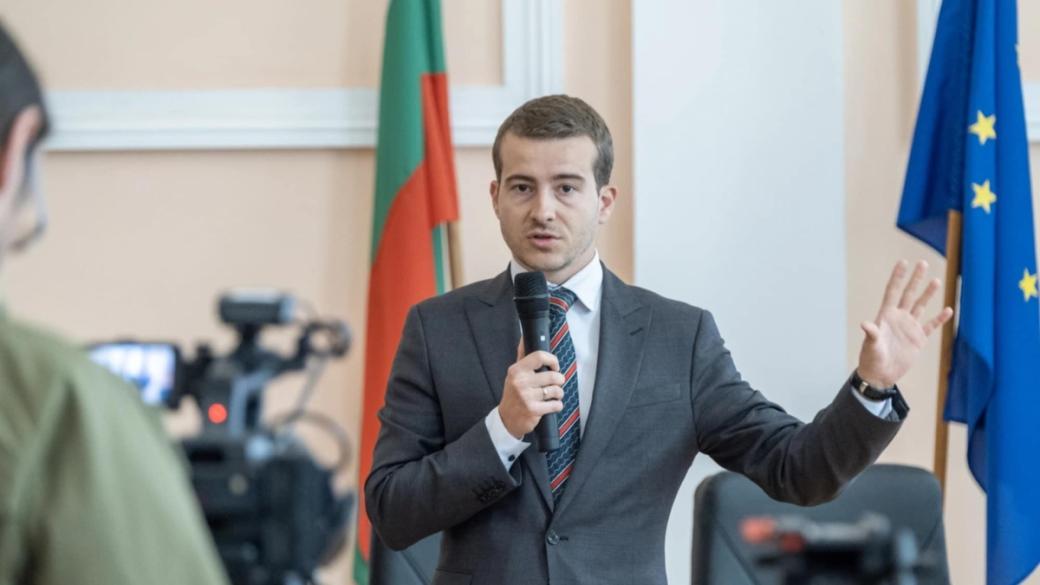Decarbonization is not just an environmental issue, but also an economic one
EU funds are a lifeline for regions in transition, says Neno Nenov, economic advisor and representative of the European Commission in Bulgaria

© ECONOMIC.BG / Mirela Vavova
Decarbonization is not just an environmental issue, but also an economic one. With these words, Neno Nenov, economic advisor at the European Commission Representation in Bulgaria, focused on the essence of the transition in regions affected by the closure of coal-fired power plants. During the International Conference “Just Transition in Kyustendil,” he outlined the real mechanisms and responsibilities behind this extremely dynamic process.
The forum, co-funded by the European Union, was organized by Brand Media Bulgaria in partnership with the Municipality of Kyustendil, Elektrohold Bulgaria, and Bobov Dol Thermal Power Plant.
According to Nenov, the transformation of energy models requires a pragmatic approach in which investment, technology, and business logic come to the fore. According to expert estimates, energy storage technologies have become more than three times cheaper in just a few years, making the business logic behind the transition even stronger.
The Ministry of Energy has already classified projects for the construction of batteries under the Recovery and Sustainability Plan for over BGN 1.1 billion. Initially, around 3 gigawatts were planned, but according to the ministry, the potential is for 10 gigawatt hours – energy storage technology has become three times cheaper," he explained.
One of the most important conclusions Nenov drew was related to the relationship between production and employment. “Over the past 10 years, coal-fired power generation has increased, but employment in the sector has fallen by 30%. This shows that technology does not automatically mean more jobs – training is needed,” he said.
As a concrete example of a successful transition, he cited the Romanian city of Petrilă, where a Swedish company has invested €10 million in a renewable energy technology plant, with €7 million coming from the Just Transition Fund.
Without the Fund, this investment would probably not have happened,” Nenov added.
Initially, 60 people have been hired, with plans to expand to 150 employees.
According to him, Kyustendil has the same potential. The region has €122 million from the Just Transition Fund, and some of the projects are already underway.
We were thrown into the deep end without a life jacket,” recalled the mayor of Kyustendil, Eng. Ognyan Atanasov, referring to the sudden closure of the mines in the region nearly a decade ago.
However, he said that this early clash with reality gave Kyustendil an advantage—experience that can now be used wisely.
The topic of the “lifeline” was also taken up by Neno Nenov. According to him, unlike in the past, there are now many more opportunities and support mechanisms:
We are now part of the European Union and have significantly more lifelines.”
Translated with DeepL.
Co-Funded by the European Union. Views and opinions expressed are however those of the author(s) only and do not necessarily reflect those of the European Union or the Managing Authority. Neither the European Union nor the Managing Authority can be held responsible for them.


 Gloria Hristova
Gloria Hristova